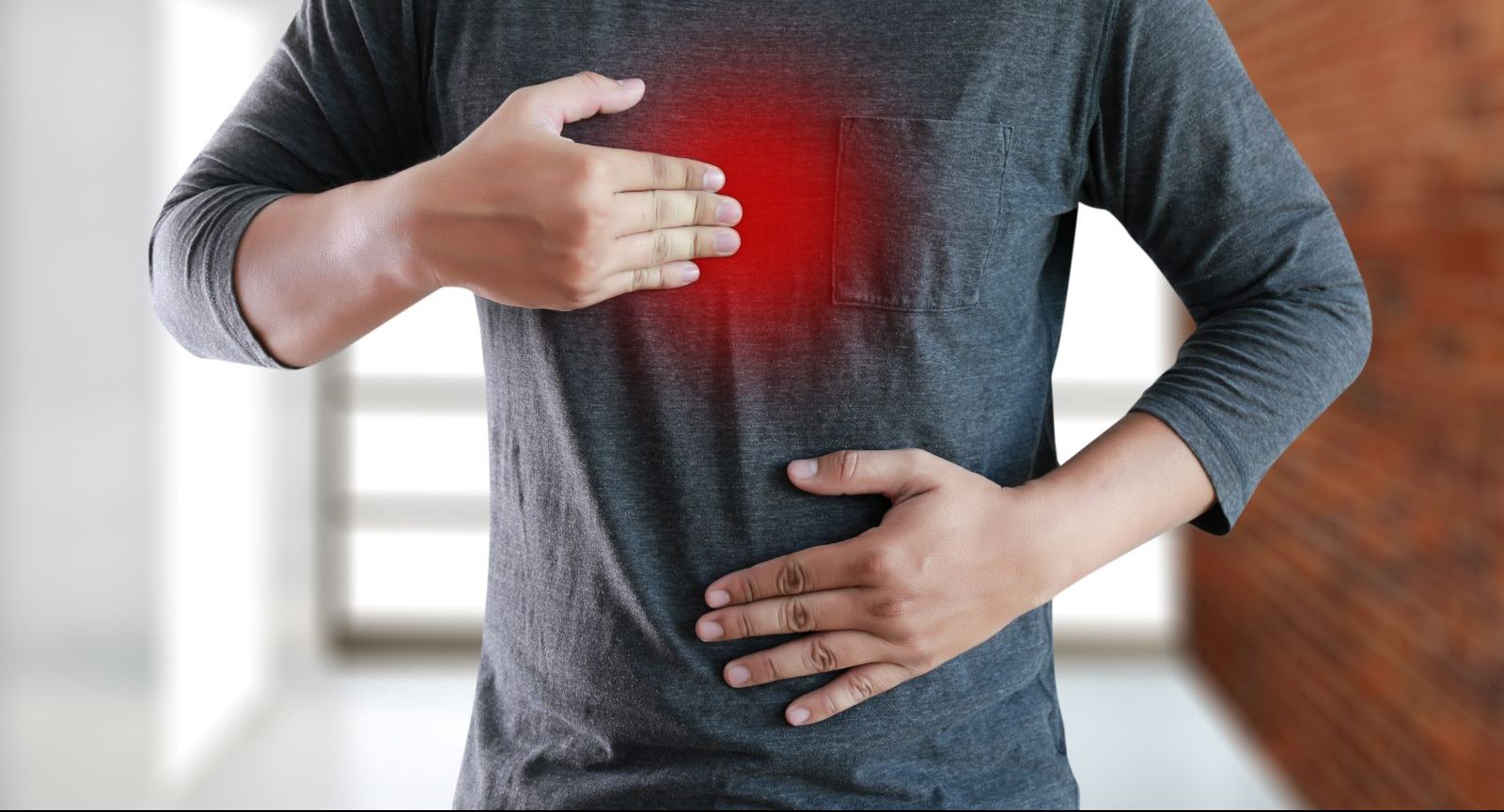Anyone can get GERD, but the numbers are rising particularly fast among young people. Up to 25% of teenagers have GERD symptoms.
What Is GERD?
- GERD stands for gastroesophageal reflux disorder.
- About 20 percent of people in the U.S. have GERD.
- GERD involves contents from your stomach flowing back up into your esophagus. This acid reflux can irritate the lining of your esophagus.
- If you have acid reflux more than twice a week, then you may have GERD.
- And if it’s left untreated, it can sometimes causes serious complications.
What Causes GERD?
A chronically relaxed or open Lower Esophageal Sphincter (LES):
- The LES is a circular band of muscles at the end of your esophagus.
- When it’s working correctly, the LES relaxes and opens when you swallow so food can enter your stomach.
- After the food enters your stomach, the LES tightens up again and remains closed. In this way, the acid from the stomach, which helps digest your food, can stay in the stomach and not go back up into the esophagus.
- Acid reflux occurs when your LES doesn’t tighten or close properly. This then allows the acid in your stomach to go up into your esophagus, which then irritates the lining of your esophagus.
Having a hiatal hernia:
- This is when a part of your stomach moves up above the diaphragm towards your chest area.
- A hiatal hernia can make it harder for the LES to close properly, so stomach acid may go up into the esophagus.
What Are Some GERD Symptoms?
- Burning feeling in your chest (heartburn) that usually occurs after eating and may be worse at night.
- Sour or bitter taste at the back of your throat.
- Hoarse sounding voice.
- Chronic cough or frequent laryngitis.
- New or worsening asthma.
- Bad breath.
- Nausea or upset stomach.
- Difficult or painful swallowing.
What Are GERD Risk Factors?
- Smoking.
- Anxiety (can increase stomach acid production).
- Frequently eating large meals or eating late at night.
- Lying down or going to sleep shortly after eating.
- Eating fried/fatty/fast foods, onions, citrus fruits, tomatoes/sauces.
- Drinking alcohol, soda, coffee and orange juice.
- Taking NSAIDs (such as aspirin or ibuprofen) too often.
- Having asthma or IBS (irritable bowel syndrome).
- Being overweight or pregnant.
How Is GERD Diagnosed?
Your doctor may be able to diagnose GERD based on your symptoms.
To confirm the diagnosis or to check for complications, you may have:
- A barium swallow study: A procedure where you drink a barium solution that makes it easier to see your esophagus and stomach on an x-ray to check for any damage from stomach acid.
- An upper endoscopy: A procedure where a tube goes into your esophagus with a camera to see if your esophagus shows signs of exposure to stomach acid.
Are There Medications to Treat GERD?
Always talk with your doctor before starting any medications on your own!
- Antacids (TUMS): neutralize stomach acid.
- H2 receptor blockers: reduce acid production.
- Proton pump inhibitors: block acid production / heal esophagus.
What Are Possible Complications of GERD?
GERD that is left untreated may sometimes lead to the following:
- Esophagitis: inflammation of your esophagus.
- Esophageal ulcer: open sore in the lining of your esophagus.
- Esophageal stricture: narrowing of your esophagus.
- Barrett’s esophagus: permanent changes to the lining of your esophagus which can lead to cancer in a small number of people.
- Tooth enamel erosion, gum disease or other dental problems.
Now you know what you can do to lower your risk of having GERD!


